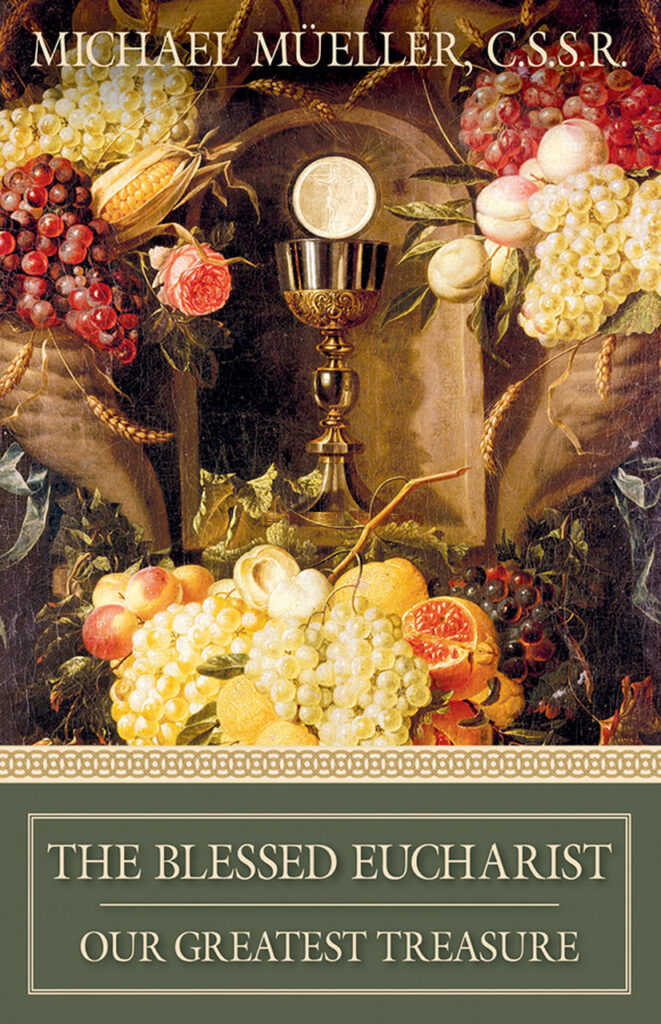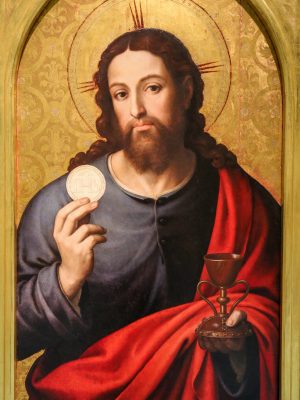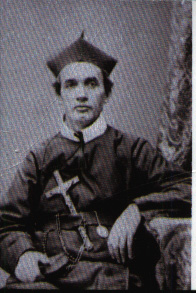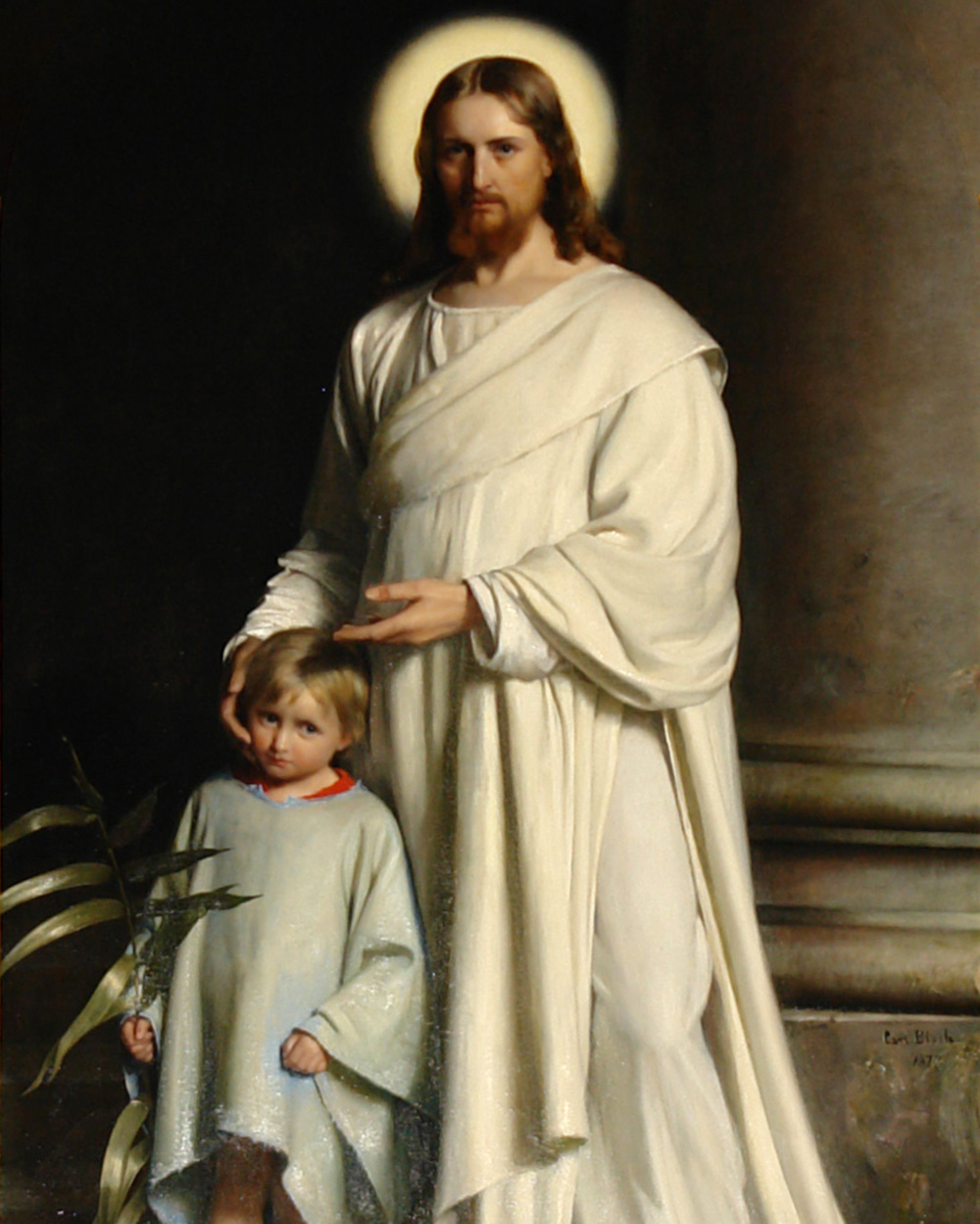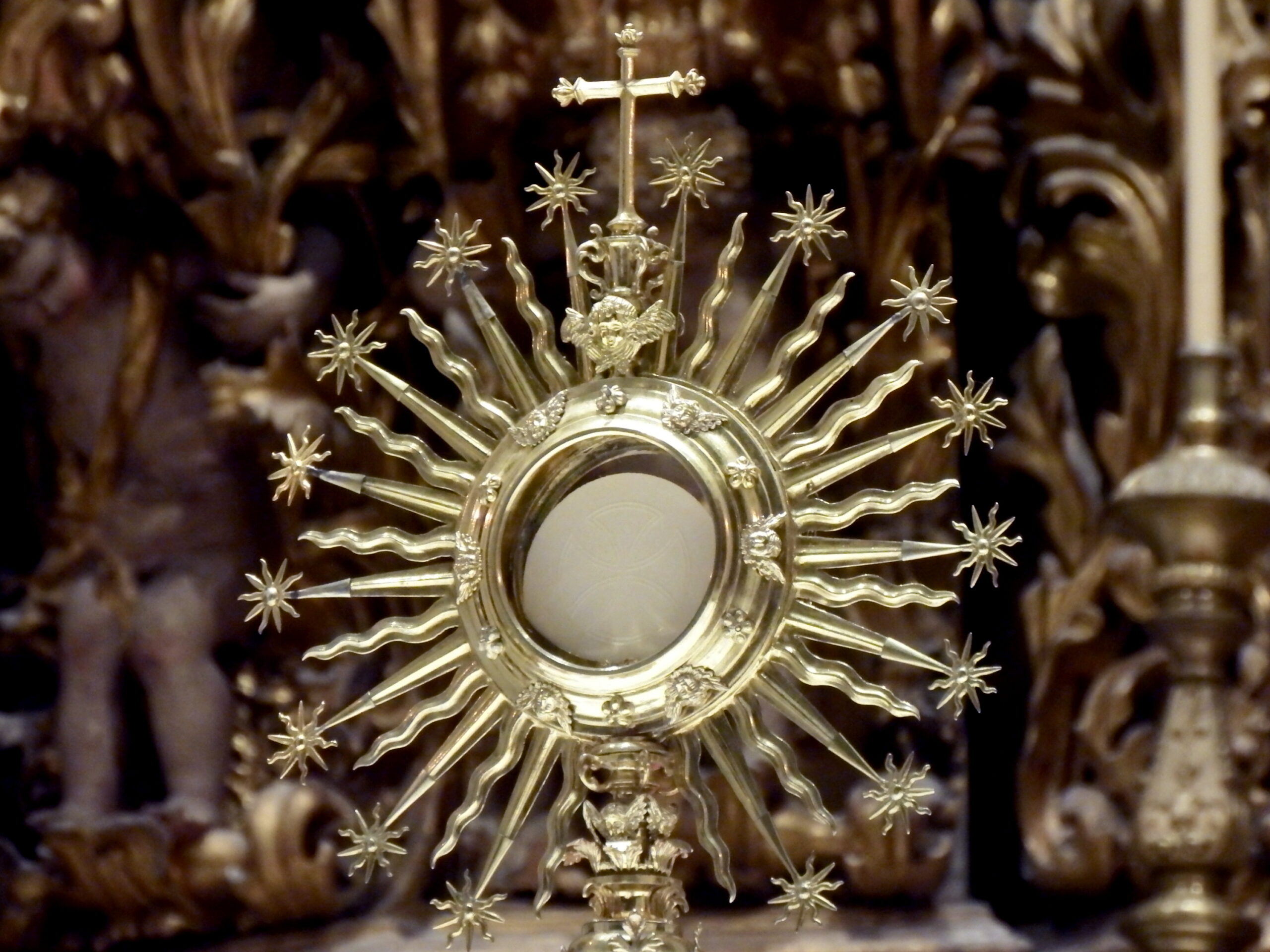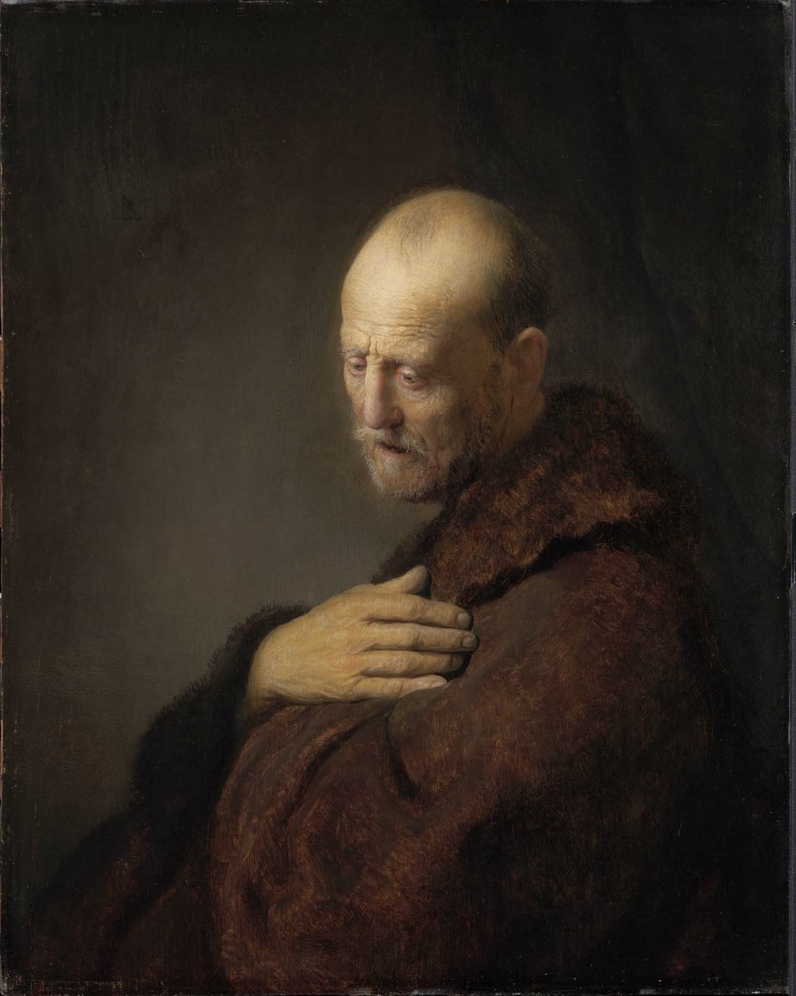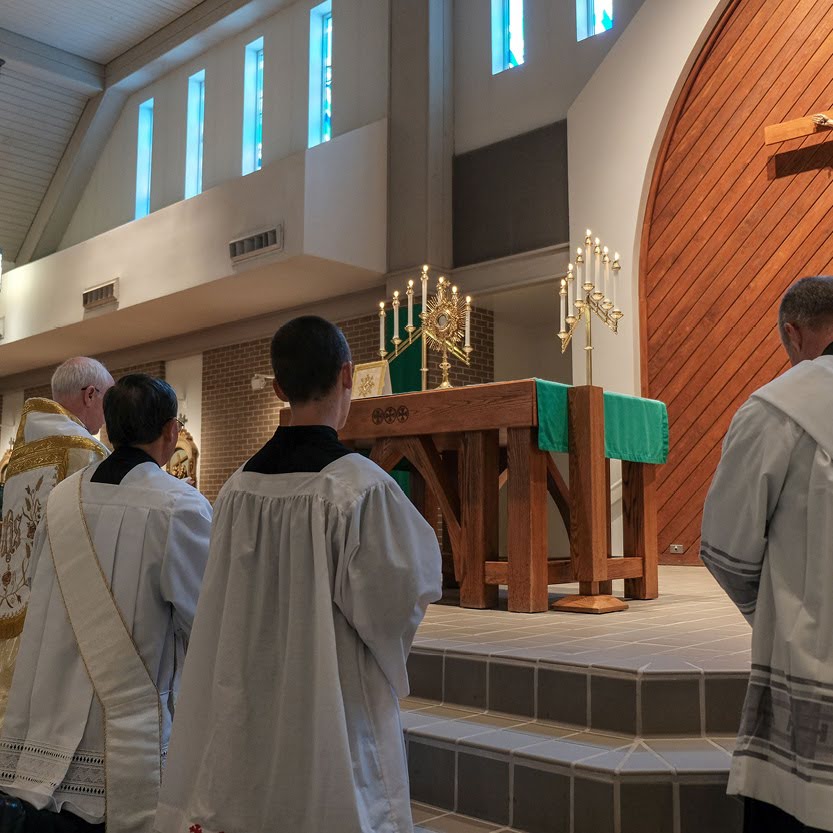In order to receive the abundant fruits of the Holy Eucharist, a certain cooperation is required on the part of the receiver – not indeed that the efficacy of the Sacrament considered in itself depends at all on the recipient (this efficacy it has entirely from God) – but because its salutary effects in each particular case depends upon the disposition with which it is received.
The cooperation which is required on our part consists in general in approaching it with a sincere desire to receive the graces which are imparted through it, and afterward, in turning them carefully to account. In order to obtain this disposition, it is advisable to devote some time before and after Communion to preparation and thanksgiving. Of these, then, I will proceed to speak. First, of the preparation before Communion.
When speaking of preparation for Communion, the previous qualification of being in the state of grace is always pre-supposed. it is related of the Emperor Frederic that, having on one occasion gone to visit a nobleman at his own castle, he was received into an apartment which was thickly hung with cobwebs; whereupon, being transported with rage, he immediately left the house, exclaiming: “This room is better fitted for a dog-kennel than for the chamber of an emperor!”
How much more justly might Jesus Christ feel indignant at being received into a soul defiled with mortal sin? “He Whose eyes are pure and cannot behold iniquity!” Accordingly, St. Paul teaches us that we must prove ourselves before we eat of the Body of the Lord, meaning thereby that, if upon examination we find ourselves guilty of any grievous sin, we should cleanse our conscience by a good Confession.
There are certain snakes, says St. Bernard, which spit out the poison that is in their mouths before they begin to drink; and we, before approaching the fountain of Life, must spit out the poison of sin. This preparation, as I have said, is always pre-supposed, and every Catholic knowing it to be an indispensable requisite, it will not, therefore, be necessary to dwell longer upon it, especially as occasion will be taken to speak of it hereafter. I have said we must be free from mortal sin, for it is this only which absolutely renders us incapable of receiving the fruits of Communion; but venial sins, especially those which are fully deliberate, and even voluntary imperfections, greatly hinder the efficacy of the Sacrament.
One who now and then speaks in disparagement of his neighbor or tells petty falsehoods, though he may not commit a mortal sin, yet deprives himself of many graces which he would otherwise have received.
The first step in our preparation for Communion, after we have been reconciled to God, is an habitual effort to please Him. It is, moreover, carefully to be noticed that, in order to receive the full extent of grace attached to this Sacrament, our hearts must be free from all inordinate affections. St. Gertrude on the occasion asked Our Lord how she ought to prepare for Holy Communion, and He replied: “I ask nothing more than that you should come with an empty heart.”
There is also another disposition which is always pre-supposed, pertaining to the body. No one can receive the Flesh of Christ unless he has abstained from eating or drinking anything whatsoever from the preceding midnight, the only exception to this rule being when the Holy Communion is administered to the dying by way of Viaticum, [The current norms allow water anytime right up to Communion, and prescribe fasting for one hour before. – Editor, 1994].
This law of the Church, which is intended to secure greater reverence for the Blessed Sacrament, is founded on the most evident reasons of propriety, so much so that St. Augustine takes it for granted that no Christian would be guilty of the indecency of taking anything into his mouth before the Body of the Lord has entered it. (Epist. 54). Besides this requisite, Christians generally employ a longer or shorter time, according to their ability, in actual preparation; and of this, it will be useful to speak more particularly.
Having treated in a former chapter of the duty of reverence towards the Blessed Sacrament, I deem it useless to prove here at great length the propriety of making some actual preparation for Communion. Common sense is enough to teach every man that it is not becoming to receive his God into his heart without previous preparation. I suppose you have at some time witnessed the public reception of some great man whom the people wish to honor – some distinguished warrior or successful candidate or great orator.
What a crowd in the streets! What anxiety to secure a place for seeing! What a cry and tumult on all sides! And when the hero of the day arrives, what eagerness to get a sight of him! How dense the crowd becomes behind him! How happy then on whom he smiles or to whom he speaks! How greatly envied is the favored citizen with whom he will take up his abode! What hurry and bustle and excitement in the house where he is to lodge! Now stop and ask yourself, for whom is all this? For a man – a poor, weak, mortal man. And I, alas, with unconcern, receive Him who is the “Splendor of His Father’s Glory and the Figure of His Substance!”
When King David was asked why he has prepared such a vast quantity of gold, silver and precious stones for the temple he was about to erect, he answered: “The work is great, for a house is not prepared for man, but for God.” And yet, in the Temple of the Holy of Holies, the Ark of the Covenant and the manna were but shadows. We have the true Holy of Holies, the Living Manna, the Life-giving Bread that came down from Heaven! Should we not, then, exert all our care in arranging a dwelling place for this Divine Guest! “When thou shalt sit to eat with a prince,” says the wise King Solomon, “consider diligently what is set before thy face.”
How much more diligently ought we to consider what we are about to do when we appear at the table of the great King of Heaven and earth to feed on the Flesh of His beloved Son! This reflection, so natural and obvious, is sufficient to show us the propriety of some actual preparation for Communion. To this I will add another reflection to show its great utility. It is in the highest degree advantageous to prepare ourselves for Holy Communion because the fruit it produces depends on the disposition with which we receive it. One source uses the following figure in illustration: As wood that is not seasoned will not burn well because the moisture that is in it resists the action of the fire, so the heart which is full of earthly affections is not in a fit state to be, enkindles with the living fire of Divine Love by means of this Holy Sacrament.
Father Lallemant says that many souls are almost as little benefitted by the Holy Eucharist as the walls of the church in which it is preserved because they are as hard and as cold as the very walls themselves. And St. Bernard concisely expresses the same truth by saying: Sicut tu Deo apparueris, ita tibi Deus apparebit. “God will exhibit Himself to you just as you show yourself disposed towards Him.” When, therefore, people complain of receiving but little fruit from their Communions, they but betray their own negligence. As the light of the sun far exceeds the light of the moon, so do the effects of the Holy Eucharist in a loving heart greatly surpass those which it produces in a tepid, slothful soul.
The well-known story of Widikend, Duke of Saxony, illustrates this. This prince, while yet a pagan, was at war with Charlemagne; having a great curiosity to see what took place among the Christians, he disguised himself as a pilgrim and stole into their camp. It happened to be the Paschal time, and the whole army were making their Easter Communion. The stranger watched the ceremonies of Mass with interest and admiration, but how much was he surprised when the priest administered the Sacrament to see in the Host an Infant of shining beauty!
He gazed at the sight with amazement, but his astonishment became yet greater when he saw that this wonderful Child entered the mouths of some of the communicants with joy, while only with great reluctance It allowed Itself to be received by others. This vision was the means of the conversion of Widikend and the submission of his subjects to the Faith, for having sought instruction from the Christians, he understood that Our Lord meant to show him, not only the truth of the Real Presence, but that He comes into our hearts with willingness or unwillingness, as we are well or ill prepared for receiving Him (Timal. Arende I., 1 Collat.).
This article is taken from a chapter in The Blessed Eucharist Our Greatest Treasure by Fr. Michael Müller which is available from TAN Books.
